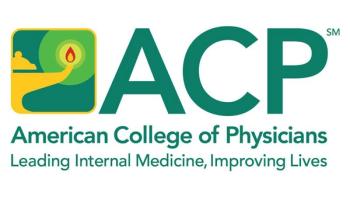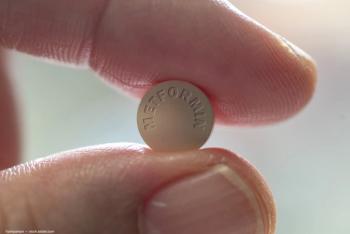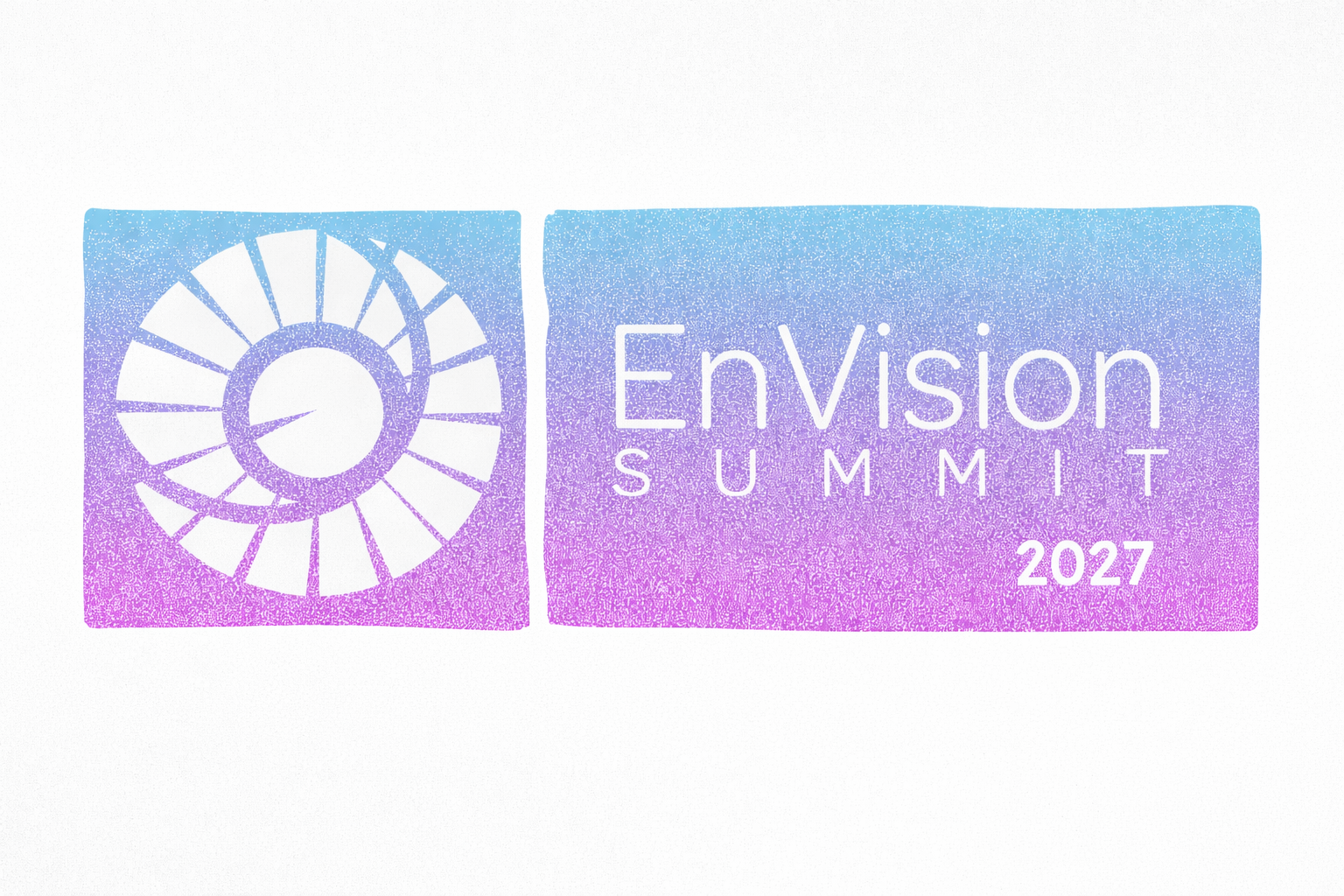
ASRS 2025: End-of-study results from VERONA, a phase 2 trial of EYP-1901
At the 2025 American Society of Retina Specialists (ASRS) meeting in Long Beach, California, Yasha S. Modi, MD, associate professor of ophthalmology at NYU Langone, presented end-of-study results from the phase 2 VERONA trial. This study evaluated EYP-1901, a bioerodible intravitreal implant containing vorolanib, a tyrosine kinase inhibitor (TKI), as a potential treatment for diabetic macular edema (DME), compared to the standard anti-VEGF agent aflibercept.
Modi highlighted that the VERONA trial demonstrated promising outcomes, showing stability in both visual acuity and anatomical measures out to week 24. Two doses of EYP-1901 were tested, and the higher 2.7 mg dose appeared to deliver superior results. These findings support advancement to a phase 3 trial, which is expected to proceed with this higher dose, although full trial details have not yet been disclosed.
TKIs such as vorolanib offer a novel approach by blocking VEGF receptors intracellularly, leading to a pan-VEGF suppression. This mechanism may allow for greater durability of effect—potentially extending dosing intervals to six months—compared to current therapies. Modi noted the growing landscape of TKI-based treatments as a positive development, offering retina specialists more options for personalized patient care.
A notable feature of EYP-1901 is its delivery system. Administered in-office via a 22-gauge needle, the bioerodible implant is gradually absorbed, reducing long-term intraocular burden. This convenience and compatibility with existing clinical workflows make it an attractive option for both physicians and patients.
Newsletter
Keep your retina practice on the forefront—subscribe for expert analysis and emerging trends in retinal disease management.




























